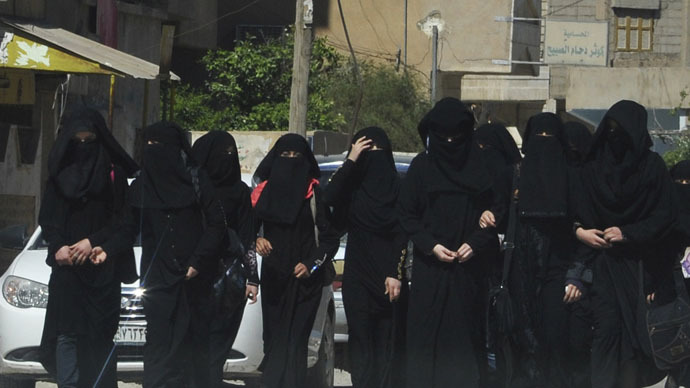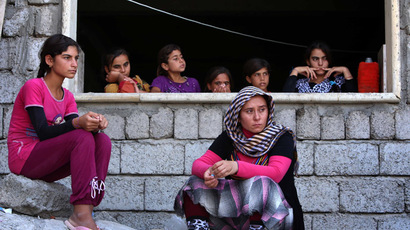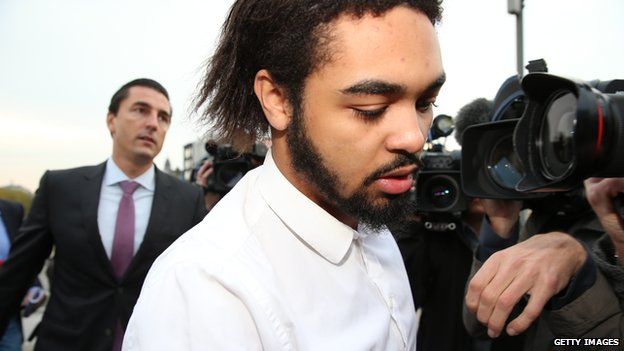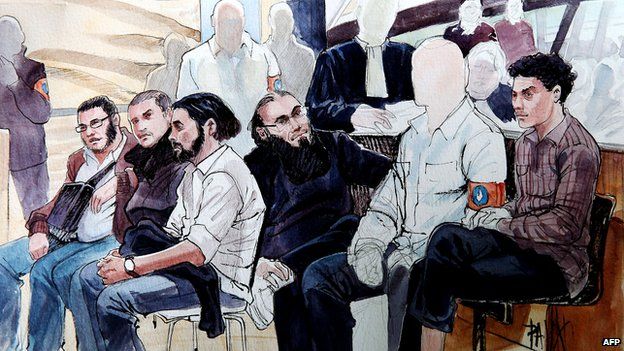Sometimes I wonder if I would do it again.
That's the funny thing about life. Experience comes in random,
sporadic servings. It's only years later that the story takes shape.
I didn't intend to spend more than a year covering human trafficking.
It ended up taking a decade. I didn't intend on reporting in more than
two countries. So, how did I end up in nine?
Before my trips, my mum used to ask: "It took us so many years to get
out of poverty, why do you keep returning there?" I would sit in her
kitchen and the only answer that would come to mind was: "It's so damn
familiar."
I can say the same about the Balkans. Each time the plane landed, I
was home. It could have been Turkey, Greece, Albania, Bulgaria (my birth
country), or Macedonia - I wasn't an outsider. I understood the
culture, the rawness of our ways, the dark humour of our days.
But there is one thing I couldn't understand. What had happened to
us? How did we start selling our own girls? How did we make profit from
deceit and violence?
At first, I was a photojournalist. I saw the world through the
camera. And my idea was to return to my origins and find girls who had
survived and escaped their traffickers and pimps.
I knew about the shame and stigma in our culture. I knew that once a
girl was forced into prostitution, she could never return and expect her
village to understand her ordeal. She was judged, trashed, discarded -
even by her own family.
The 'break down'
 |
| "If I had the chance to prevent it all, [to] stop
someone from getting into this, if I could, I would help in every
possible way. You just shouldn't be hot tempered and act out on impulse.
Yes, there are moments when you want to run out of the house; there are
times when you want to jump in front of a car. It happens not only with
me but also with everyone. For some it's worse, for some it's better.
Some people are weak, some stronger. Because of one wrong move, you
suffer the rest of your life," said Vika, who was trafficked to Dubai
when she was 19 - Moldova, 2004 [Mimi Chakarova] |
It took time to find women who had survived. I went to shelters; I
met with lawyers and social workers. And when I finally sat there with
one young lady, and took out my camera, I saw an indescribable terror in
her eyes.
I assumed that she was afraid of being photographed and recognised by
those whom she had escaped. But that was far from the truth.
The camera reminded many of the young women of their experience of
being trafficked. They were often photographed by the pimps during what
is known as the "break down" period - days or weeks of torture and rape
designed to break down the spirit and resistance of their victims. Some
were videotaped while being gang-raped.
It was an effective method of control. "If you ever try to run away,
we have the photos here as proof. We know where you live. We'll send
them to your father, to your mother," they were told.
I understood that the camera had become my foe.
It would take time and trust. In some cases it took months, in some years.
I pulled out a notepad instead and listened to their stories. I
returned whenever I could. And over time, I started piecing together the
reality of sex trafficking. I began to understand what greased its
wheels - persistent poverty, demand and corruption.
Showing the faces of these young women was no longer enough of a testament to their courage and strength.
The missing piece of the puzzle was what happened to the women once
they were sold in the countries that exploited them as sex slaves.
I decided to follow their route, making my way to the red-light districts and brothels of Istanbul, Athens, Dubai, Prague ...
'The banality of evil'
 |
| Natasha and her younger sister were trafficked to
Turkey. "The madam in Istanbul sold us for medicine and a pair of
sneakers. Sometimes they [the clients] are dirty and smell of sweat. You
have no choice." - Moldova, 2005 [Mimi Chakarova] |
It was dangerous. But there was another problem. As a woman, I
couldn't pose as a client as many of my male investigative colleagues
did.
I also had no budget for this work so coming up with a more elaborate
undercover trafficking operation wasn't a viable option. I had to
become one of the women. I had to devise a plan that could get me into
these spaces. And I had to bring in hidden cameras and film what I was
seeing.
The banality of evil helps its disguise.
Imagine this: an apartment in a regular neighbourhood in Istanbul
with a fruit stand nearby. In it lives a husband, his wife and their two
children. They have an extra room that is always locked.
Men ring the doorbell during the day. It gets very busy around
lunchtime. The husband unlocks the door to the room, stands outside,
then escorts the men to the front door when they're finished, collects
their money and tells them to come again.
All the while, the wife and children go about their daily routine of homework, dish-washing and soap-opera watching.
Inside the room are three trafficked girls from Moldova. There are
dirty blankets on the floor. They sleep on those. The window is barred
and locked. The girls wear T-shirts and panties. They haven't showered
for days.
The customer enters the room, chooses the girl he wants and forces himself on her. He pays by the minute.
The other two huddle in the corner and wait for it to be over. They often face the wall, but they no longer cry.
One of them has been looking for a sharp object with which to slit her wrists but finds nothing in the room.
She will have to steal something from a client. She hopes for a knife, but wonders how she will get it from his pocket.
Once a day, the door opens and the man - the father of the children
and husband of the wife - throws a few bananas into the room, then
quickly locks the door. They are nothing but filthy animals, he thinks
to himself.
'It eats at your dreams'
 |
| Olesea, a 21-year-old Moldovan woman, who was
trafficked to Turkey. Six months later and back in her village in
Moldova, Olesea couldn't tell her mother the truth of how she was sold
for sex in Turkey. She came home pregnant and had an abortion at a local
clinic. "If my mum finds out what really happened to me, it would kill
her." - Moldova, 2004 [Mimi Chakarova] |
After we released the resulting documentary,
The Price of Sex, I
travelled with the film for two years and spoke to people all over the
world. At the end of those two years, I counted how many cities and
venues I had spoken at - 67.
The questions that came up were often similar: How has this work
changed you?; Don't you think that men are the reason this continues to
exist?; What's the solution? Do you think making a film about something
so complex is enough?
Yes, this work has changed me. I've seen some of the worst that we
are capable of. I've been in the presence of sadness that has no end.
It's a well without a bottom full of water as black as the darkest night.
It's a place you can't return from unharmed.
Once you enter this world, it consumes you and eats at your dreams. The images are most vivid at night.
But no, men are not the only reason why trafficking continues to happen all over our world. Women stand by and watch.
Women sell women. Women deceive women.
Anyone who oversimplifies how the system operates is doing a
disservice to the many moving parts of this perfectly designed machine.
It runs on profit.
It has nothing to do with human life. In fact, that's not even a discussion of concern.
All you have to do is spend enough time around traffickers and pimps to know how they perceive the women they sell.
They are cattle, cargo, a commodity to be used and resold as many times as possible.
If she starts acting up, if she gets sick, if she takes too long to
complete the tasks she has been ordered to do, you beat or kill her,
dump her in the sea, burry her in the backyard or toss her from a
highrise. And you get another one in her place.
If she cuts herself too many times, you sell her to another brothel where they like scarred girls.
There is a market for everything. Pregnant? Even better. In Dubai,
you can double the price. There are clients looking for pregnant girls.
There are clients looking for girls who are locked and forced into a
life of prostitution. I know this because I've seen it with my own eyes.
A girl unbuttons her shirt and tells me: "Take a picture." Her chest is covered with cigarette burns.
"They used me as an ashtray," she says.
I can't take the picture. I tell her to button her shirt. We sit in silence.
'My only weapon is my work'
 |
| "I was 18 when I was sold by a woman in my village,"
said Katia, who was trafficked to Turkey. "I was a virgin. I am so
ashamed. I can't eat out of the same plate as my mother." - Moldova,
2005 [Mimi Chakarova] |
I was given an award for courage at the Lincoln Center in New York. I
said they should have given me an award for anger instead. There is
nothing courageous about what I've done.
In fact, let me be honest. I never wanted to get on a plane. I was always scared.
I would wait until the last moment to pack. I would think of a million reasons to cancel or postpone a trip.
It's not courage that got me to the airport. It's the fact that I had
promised to return and I had to keep that promise or everyone I had
involved over the years would think I didn't care or that I had given up
on them.
I had become a part of the lives of too many people.
I couldn't let down all the girls who had talked to me and eventually let me film them.
My only weapon is my work. My only way of seeking justice is through
my reporting and filming. Everything I knew about trafficking went into
the making of
The Price of Sex.
But is one film enough to make a change?
Well, it's a start.
The Price of Sex was used as a tool in anti-corruption police units in Serbia before we even released it.
Then several months later, the US State Department asked to use it as a training tool in embassies throughout the world.
Then I was invited by the United Nations Office on Drugs and Crime to discuss anti-corruption practices.
And after almost three years of this documentary being shown at film
festivals, universities and on television screens throughout the world, I
was finally able to get it in front of viewers in Turkey.
CNN Turk reached out and conducted an interview with me about my undercover work in Istanbul.
Turkey's largest daily paper also published a full spread on the film
and the women trafficked and sold into prostitution in Istanbul.
Offering alternatives
 |
| A girl worries about the fate of her sister, who
left for Turkey three years prior to this photo being taken. The family
had only heard from her once – a letter she sent to her home village.
Her parents didn't know whether she was still alive. I travelled to
Turkey and was able to find her. She had been trafficked for sex in
Istanbul, but a client helped her escape. He married her, and they have a
child together. She called her parents the day I found her to tell them
she is alive but can't return home because the pimps kept her passport.
She remains in Turkey as an illegal immigrant, and rarely leaves the
house out of fear of being deported and losing custody of her son -
Moldova, 2004 [Mimi Chakarova] |
People don't know.
Those of us who work in journalism assume that everyone has the
information necessary to make the right decisions. But they don't.
The perfect example of this was the number of sold-out screenings I was personally present for.
I couldn't believe it when I would see hundreds of people waiting in
line on a Friday or Saturday night to watch a documentary film about
trafficking.
Wouldn't they rather watch a comedy, I'd wonder. The film is 73
minutes long. So why did people stay for an additional two hours of
Q&A? Because they want answers.
It is our job to connect the dots and to spend time investigating
complex and dangerous issues. It is also our job to offer realistic
solutions.
I know many of my colleagues would disagree with me on that last
statement. But making the film was not enough. I had to ensure that I
offered the knowledge I had gathered from the people who shared it with
me over the years.
I also had personal insight into the way trafficking works in many
different countries. And unless we address corruption in the police
units and the judicial branches in the countries that benefit from
trafficked flesh, unless we offer alternatives for those living in some
of the poorest nations in this world, we will continue to see steady
numbers of desperate young girls being sold into one of the darkest and
most brutal industries of our time.
Education and awareness are not enough. What is required is unilateral action across borders.
'Would I do it again?'
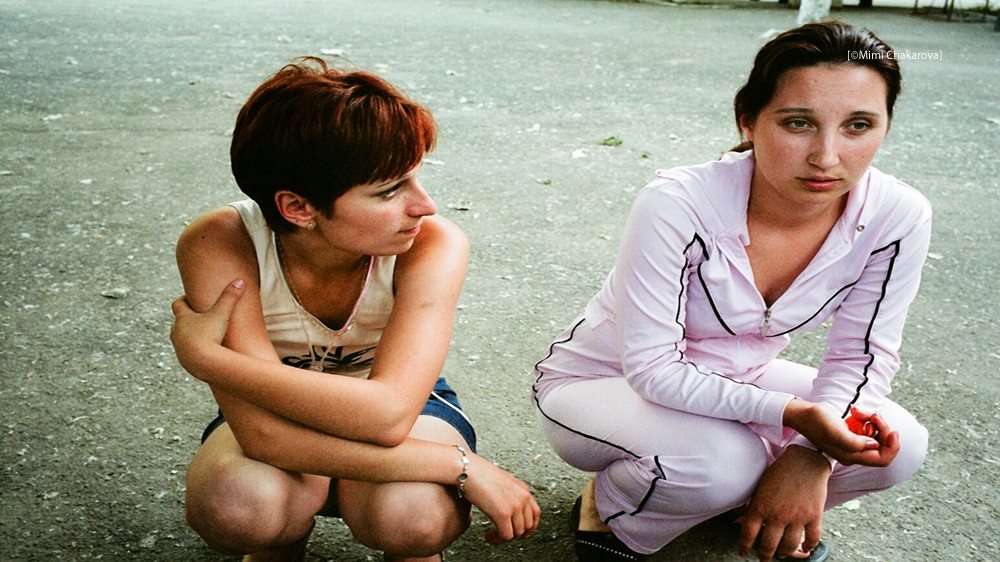 |
| Olesea comforts a friend who was also trafficked to
Turkey. They met at the secret shelter for women in Moldova. "Usually
they see themselves as something dirty. It is very hard to make them
understand that the soul and the body is a whole and not two separate
things," says their psychologist Lilia Gorceag. "They perceive
themselves as having a dirty body and a noble soul that wants to escape.
They cannot unify these two parts." - Moldova, 2004 [Mimi Chakarova] |
Sometimes I wonder if I would do it again. Would I risk my life
knowing everything I know now? Would I pose as a prostitute? Would I
enter these brothels again with the hope of finding a way out, and not
show fear?
I would if I knew that the outcome would be as powerful as it has been.
Millions have seen the film. Minds have been changed. Young people have a tool they can use and learn from for years to come.
But here is the crazy part. Even if only 20 people got to see the
film, I would still do it again. I couldn't let down all the girls who
trusted me to take their stories and to do something good with them. I
couldn't let them down.
For the past decade, photographer and filmmaker Mimi Chakarova
has covered global issues examining conflict, corruption and the sex
trade. Her film The Price of Sex, a feature-length documentary on trafficking and corruption premiered in 2011.
Chakarova has won numerous awards including the Nestor
Almendros Award for courage in filmmaking, the prestigious Daniel Pearl
Award for Outstanding International Investigative Reporting, the Magnum
Photos Inge Morath Award for her work on sex trafficking, and a People's
Voice Webby as well as a nomination for a News & Documentary Emmy
Award. She is also the recipient of the Dorothea Lange Fellowship for
outstanding work in documentary photography.
This article first appeared in the March 2014 issue
of the Al Jazeera Magazine. For more compelling stories, download the
magazine for iPads and iPhones here, and for Android devices here.
http://www.aljazeera.com/indepth/features/2015/06/magazine-undercover-sex-worker-human-trafficking-150610072623672.html 



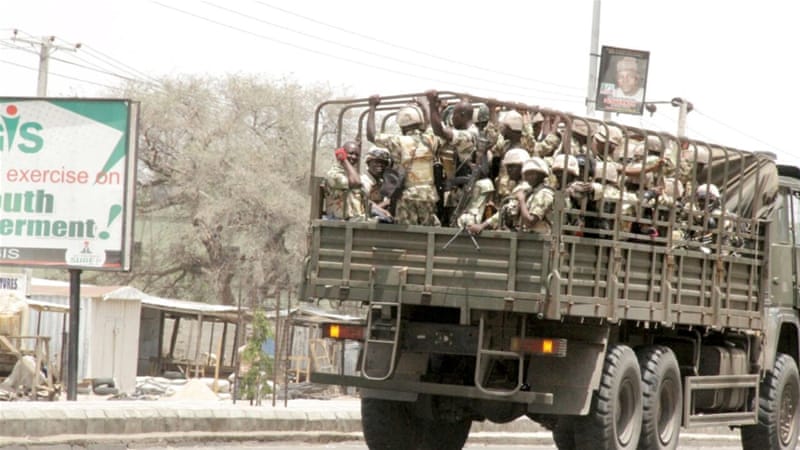


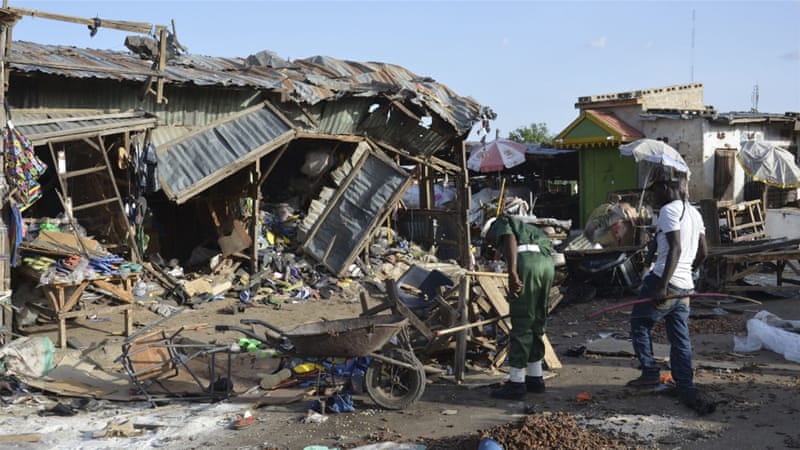
![China's illusion of harmony Uighur men making their way to the Id Kah mosque for afternoon prayers [Getty]](http://www.aljazeera.com/mritems/imagecache/mbdxxlarge/mritems/Images/2015/6/22/f2a52c66eefb4cbb8c24c1734249458b_18.jpg)









